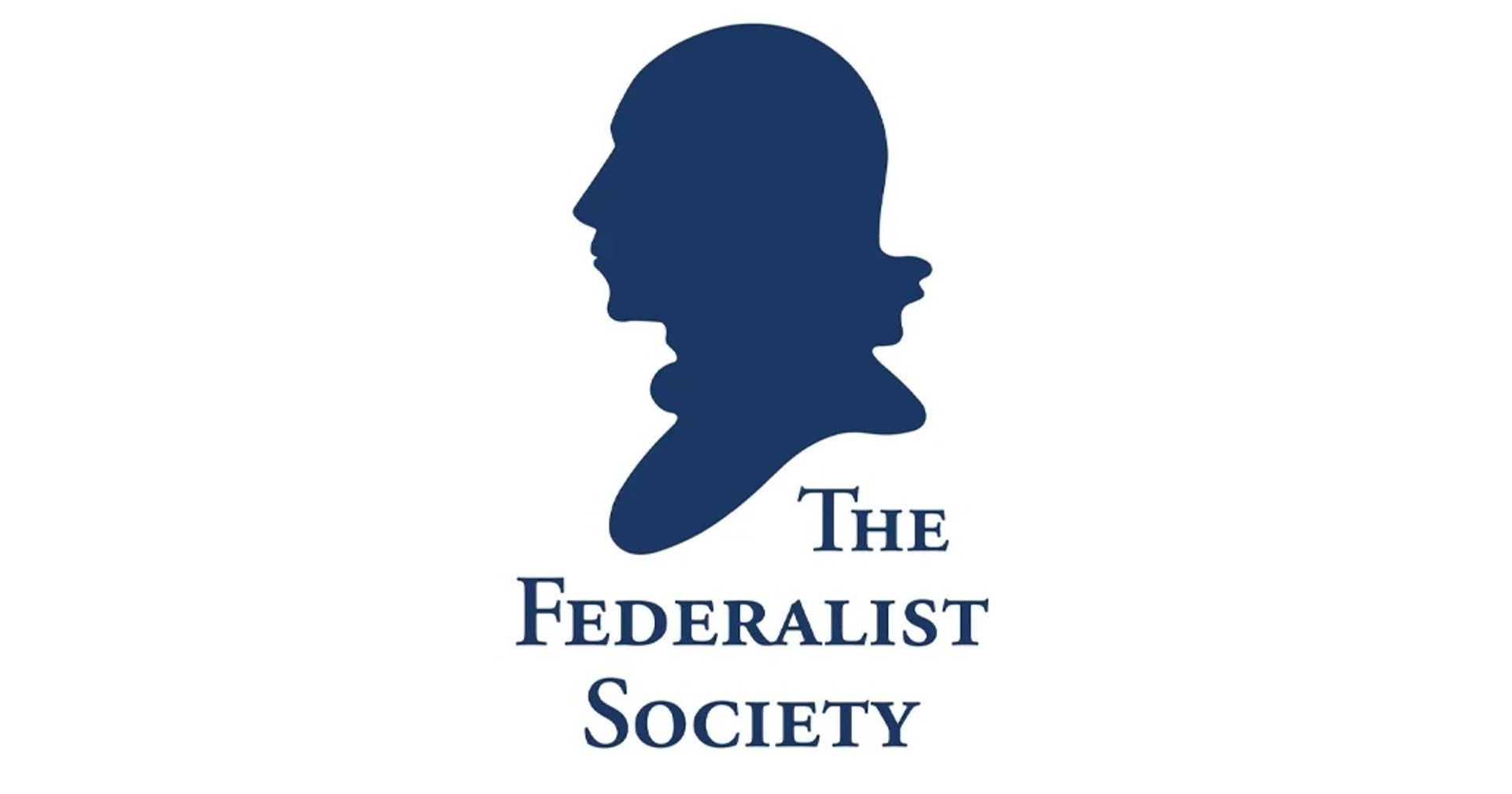Leonard Leo, co-chairman of the Federalist Society, has declared his refusal to comply with a subpoena issued by the Senate Judiciary Committee, denouncing it as politically motivated.
The subpoena, part of an investigation led by Chairman Dick Durbin, D-Ill., into ethics concerns at the Supreme Court, was issued following reports that Justice Clarence Thomas failed to disclose luxury trips funded by a Republican megadonor. This probe aims to address what Durbin describes as an ethics crisis at the Court.
Leo, known for his influential role in promoting conservative judicial appointments during the Trump administration, criticized the investigation as “McCarthyism” and an attempt by Senate Democrats to undermine the Supreme Court for adhering to the Constitution rather than a political agenda.

The Federalist Society (Credits: UCLA Community)
His attorney, David Rivkin, echoed this sentiment, labeling the subpoena as unlawful and a form of political retaliation. The controversy extends to the procedural aspects of the subpoena’s issuance.
Senate Republicans, led by Ranking Member Lindsay Graham, D-S.C., have accused Durbin of bypassing standard committee procedures, which they claim invalidates the subpoena.
This accusation points to deeper partisan divisions within the committee, reflecting broader national debates over the politicization of judicial oversight.
The Senate has a couple of pathways to enforce the subpoena. They could seek civil enforcement through the courts, although this would require a full Senate vote, likely facing substantial Republican opposition.
Alternatively, the Senate could refer the matter to the Justice Department for potential prosecution, similar to actions taken against former President Donald Trump‘s advisers who defied House subpoenas.

Leonard A. Leo (Credits: Rolling Stone)
Despite these tensions, Senate Judiciary Democrats have pushed forward with legislation aimed at imposing stricter ethics standards on Supreme Court justices.
This includes rules on transparency, recusals, gifts, and conflicts of interest. However, Senate Republicans have strongly opposed this legislation, arguing that it could irreparably harm the integrity and independence of the Court.
This revealing situation highlights serious challenges in balancing judicial independence with accountability despite escalating partisan conflicts over the role and ethical standards of the U.S. Supreme Court.


























